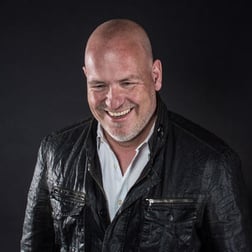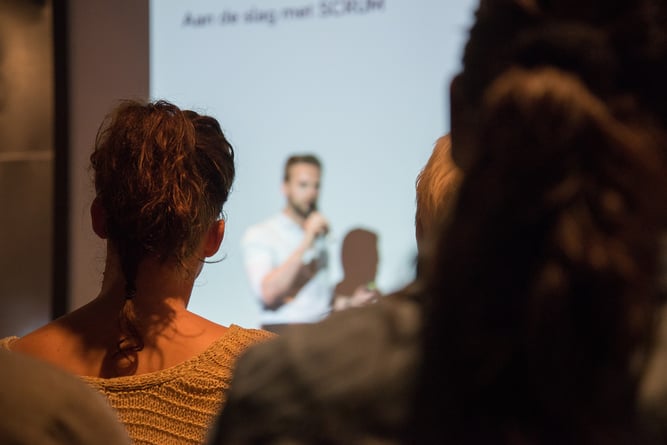 What does growing your career and going to the gym have in common? According to Leadership Specialist Stephan Thieringer, a lot.
What does growing your career and going to the gym have in common? According to Leadership Specialist Stephan Thieringer, a lot.
Ace-up spoke with Thieringer on his life before coaching, what it’s like to work with him and how the Boston Mastermind project is growing leaders across industries.
Ace-up: You have an incredibly diverse and varied background. How did you become a coach?
I'm a traditional if there is such a thing, serial entrepreneur. I started various companies in shapes and formats, my last 15 years have been spent in content and learning management systems and in the whole gamut of scaling companies.
The last company I was a part of an open content educational tablet in India, which we started in 2007. I stepped out of that company in 2012. The move was kind of out of anger and sadness. I had for five years really fought for the vision of the enterprise, but the reality is sometimes we face ourselves with investors and board of directors, and the experience becomes a grinding exercise.
I looked at my assistant on a Friday afternoon and said, I am not coming back on Monday. And I didn't come back. From there, I connected with people who worked in the space of leadership development and coaching. I went through the process of credentialing through institutions and organizations in the coaching industry. Working with the ICF (International Coaching Federation) was the drive forward for me.
Ace-up: As a coach, what words do you live by? What’s your method?
I want to create self-awareness. I consider it the largest impact and biggest catalyst to personal growth.
It's all about someone being ready to challenge their status quo. The ideal coachee is someone who has recognized that something is not working, or something feels off. Coachability is one of the biggest factors you need to establish with a potential client. When you go to the gym and say to the personal trainer, "I have a goal," it’s the trainee, not the trainer making the effort.
When it comes to your career, there’s not just a moment where you marvelously plateau and become excellent for the rest of your life. You have to progress, innovate and reinvent yourself again and again. I think that’s when coaching becomes instrumental.
Coaching starts at the moment when you realize what success means for you. Success could be defined by a goal 12 months, 6 months or 18 months down the road. What are some of the strengths you can recognize in yourself, and are you using them the right way?
I talk a lot about self-saboteurs. All the challenges and limitations we make up come from an internal judge. We have a choice whether to go to positive or negative and make an excuse. Can we make decisions that are productive, supportive and positive, rather than just, my students love when I say this, puking all over somebody and focusing on only our needs?
Ace-up: Tell us about the Boston Mastermind program. How does that compliment coaching?
Mastermind is taking many minds around one table in a committed confidential group and having them meet once a month over a period of 12 months or longer. The assembly of the team is based on what each person is looking to accomplish, what their professional background is and what their expertise is in. Also, more importantly, what are some of their goals and their limitations? Using the support of the group, individuals are able to move past their issues and grow.
A mastermind establishes a multi-brain where people can solve each other's problems from previous experiences and creates accountability between the individual and the group for support. There are commonalities across industries and careers where team members can help others work through their problems. Members may be more or less experienced than one another, but each can learn from the other group members.
Ace-up: Who can be a part of the Mastermind program?
Anyone. As long as you have an open mind and are willing to take feedback, you will be welcome in the program. You have to want to grow and work with the participants in your group. The experience is as much about putting the work in as it is about getting something back.





